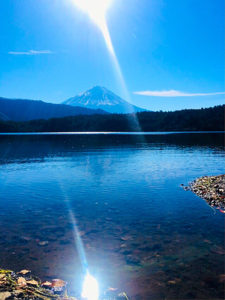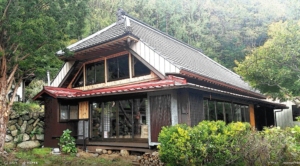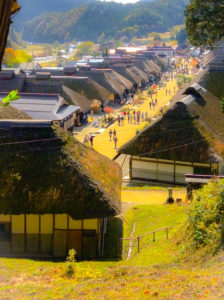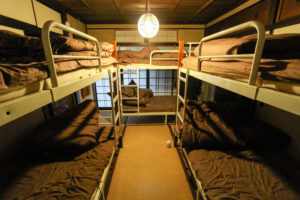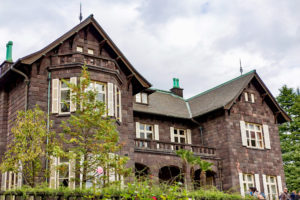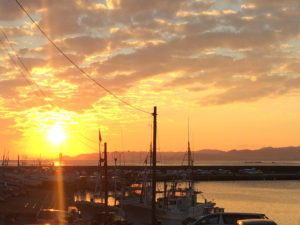
(Sunset in Katsuura city)
* Foreigners can buy a property in Japan without having special qualification.
The days with the ocean view spreading in front of you will make your time away from your busy city life. You can enjoy BBQ, parties etc in the garden with your friends.
Minamiboso area -Minamiboso city, Tateyama city, Kamogawa city and Katsuura city- in Chiba prefecture
can offer you such priceless time.
If you have never been there, you would be amazed to see the beautiful blue ocean.
Okinawa is better ?
Well, there is really no comparison.
I am not saying Kamogawa is the most beautiful in the world and have topped the list of dream holiday destinations.
There’s no doubting the allure of its perfect white sand beaches and swaying palms in Okinawa or Ishigaki islands.
But you can’t go to Okinawa every week.
Kamogawa certainly is a good place to get away from busy Tokyo and treat yourself to a view of the blue oceans, and wide skies.
In fact, in order to captivate the opportunities due to the recent market dynamics in private lodging law, I am seeking a property (house) to renovate and run as a hotel in Kamogawa right now.
Today I am discussing the viability of the investment in Kamogawa and surrounding area.
Where is Kamogawa ?
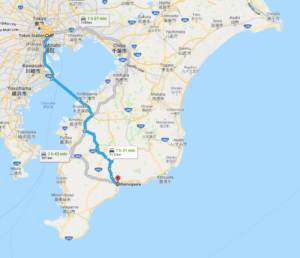
(Map from Tokyo to Kamogawa city)
Kamogawa (鴨川市 Kamogawa-shi) is a city located in Chiba Prefecture, Japan.
As of May 2018, the city had an estimated population of 32,789. It is a small city.
Kamogawa is near the southeastern tip of the Boso Peninsula, facing the Pacific Ocean, about 70 km south of the prefectural capital, Chiba City,
and about 85 km from Tokyo.
The area has a warm maritime climate with hot summers and mild winters.
(perfect for weekend villa or second house !)
Kamogawa is home to Mount Atago, which at 408.2 m (1,339 ft) is the highest point in Chiba Prefecture.
Read more

